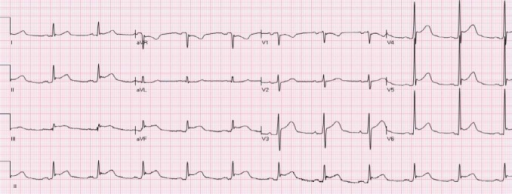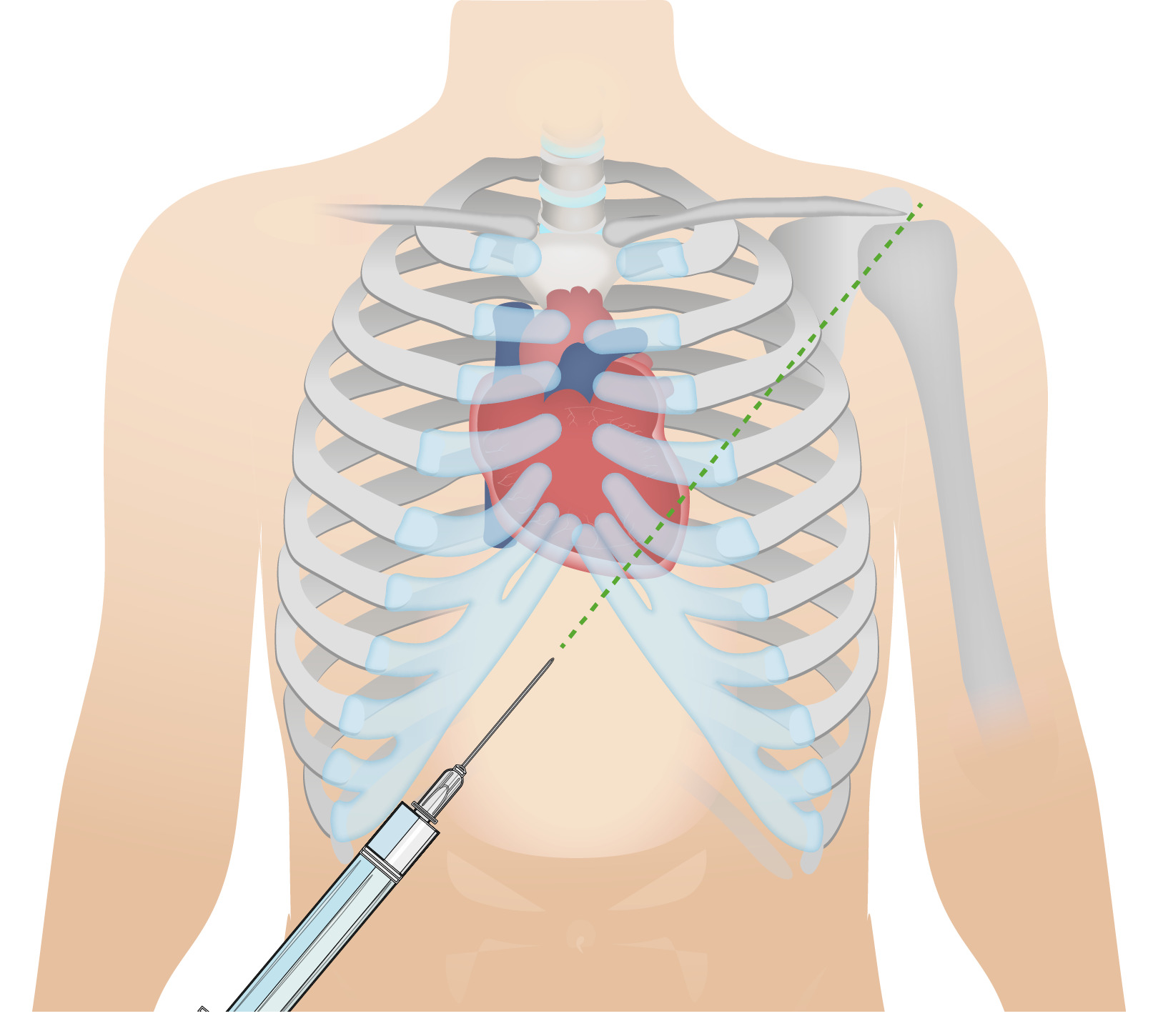Playlist
Show Playlist
Hide Playlist
Acute Pericarditis: Pathogenesis
-
Slides Disease of Acute Pericarditis.pdf
-
Download Lecture Overview
00:01 Several causes of acute pericarditis. Idiopathic, most common. 00:05 Now, that’s unfortunate. Because when you say idiopathic then all that you’re relying upon will be the symptoms of your patient. 00:11 And what’s the patient telling you? “Hey doc, when I lean back, you know, I just got this amazing recliner and which I’m watching, you know, football. And when I lean back, my goodness it just it hurts so much. And I find myself leaning forward immediately.” And by doing that, you are separating a layers of pericardium. And so therefore, will leaving some of that pain and upon expiration even more so. 00:34 Pericarditis, like we saw earlier what myocarditis viruses, TB perhaps. 00:42 Autoimmune disorders; SLEs, scleroderma, rheumatoid arthritis. 00:47 Now, you can put all these together with SLE and scleroderma, rheumatoid arthritis. 00:51 Remember, with autoimmune disorder, your pretty much entire body is vulnerable to disease. 00:56 Maybe the heart, maybe the kidney, maybe the liver so on so forth. 01:00 Uremia, what does that mean to you? Uremia means renal failure. 01:07 Okay, can you measure uremia? No. And we’ll take a look at that later on in nephrology. 01:12 When uremia would mean a clinical manifestations as you, as a doctor, would then find in your patient. 01:19 For example, something like your anemia. Okay. So, uremia what kind of pericarditis [0:03:40.8]. 01:26 We’ll get in that in a bit. 01:27 With acute pericarditis, if you take a look at the pericardium here. It’s become inflamed. 01:34 Not a good thing. 01:34 And so, therefore, what kind of issues might you be looking for in your patient? It’s restricted, restricted. 01:41 Because the pericardium is now causing or for the most part, incasing the heart. Preventing further expansion. 01:46 And so therefore, based on the ended information, you try to listen to your heart. 01:53 It doesn’t wanna speak to you because it’s being muffled. Is that clear? Cause you try to listen, but makes it more difficult. Or you do an EKG? What you’re doing in EKG, you are measuring the article activity of the heart by placing electrodes on top of your chest. 02:06 But if have information like this, you’ll get low amplitude. 02:10 What else mush you find? Well, let’s continue.
About the Lecture
The lecture Acute Pericarditis: Pathogenesis by Carlo Raj, MD is from the course Pericardial Disease: Basic Principles with Carlo Raj.
Included Quiz Questions
Which of the following is the most common cause of acute pericarditis?
- Idiopathic/viral
- Uremia
- Scleroderma
- Rheumatoid arthritis
- Systemic lupus erythematosus
Customer reviews
5,0 of 5 stars
| 5 Stars |
|
5 |
| 4 Stars |
|
0 |
| 3 Stars |
|
0 |
| 2 Stars |
|
0 |
| 1 Star |
|
0 |





